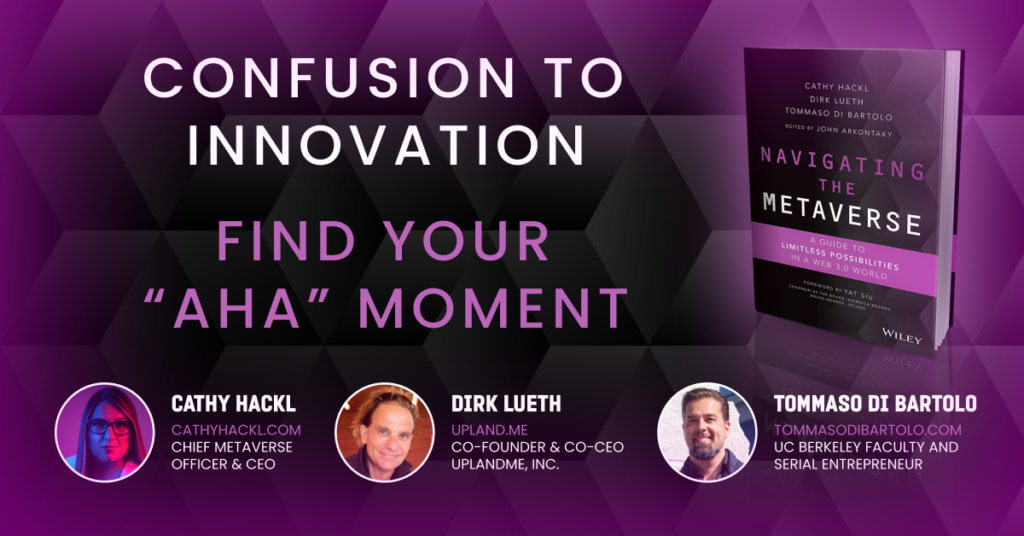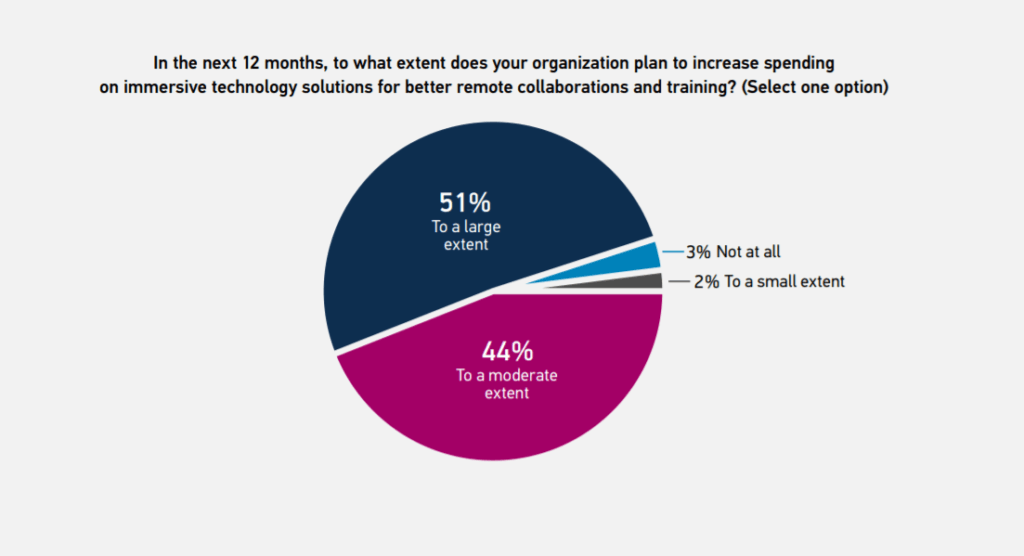European Council Publishes Web 4.0 Strategy
The European Commission is already setting out to tackle Web 4.0. There’s quite a bit to unpack here, including the EC approach, the 4-point plan that they recently published, and – of course – what they mean by Web 4.0. What Is Web 4.0? It’s not a typo and you’re not asleep at the wheel. While most of us haven’t gotten the hang of Web 3.0 yet, Europe is already setting the table for Web 4.0. Don’t worry, this is just a new terminology for something that’s already on your radar. “Beyond the currently developing third generation of the internet, Web 3.0, whose main features are openness, decentralization, and user empowerment, the next generation, Web 4.0, will allow an integration between digital and real objects and environments and enhanced interactions between humans and machines,” reads the EC’s report. So, essentially, “Web 4.0” is the metaverse. But, why not just call











